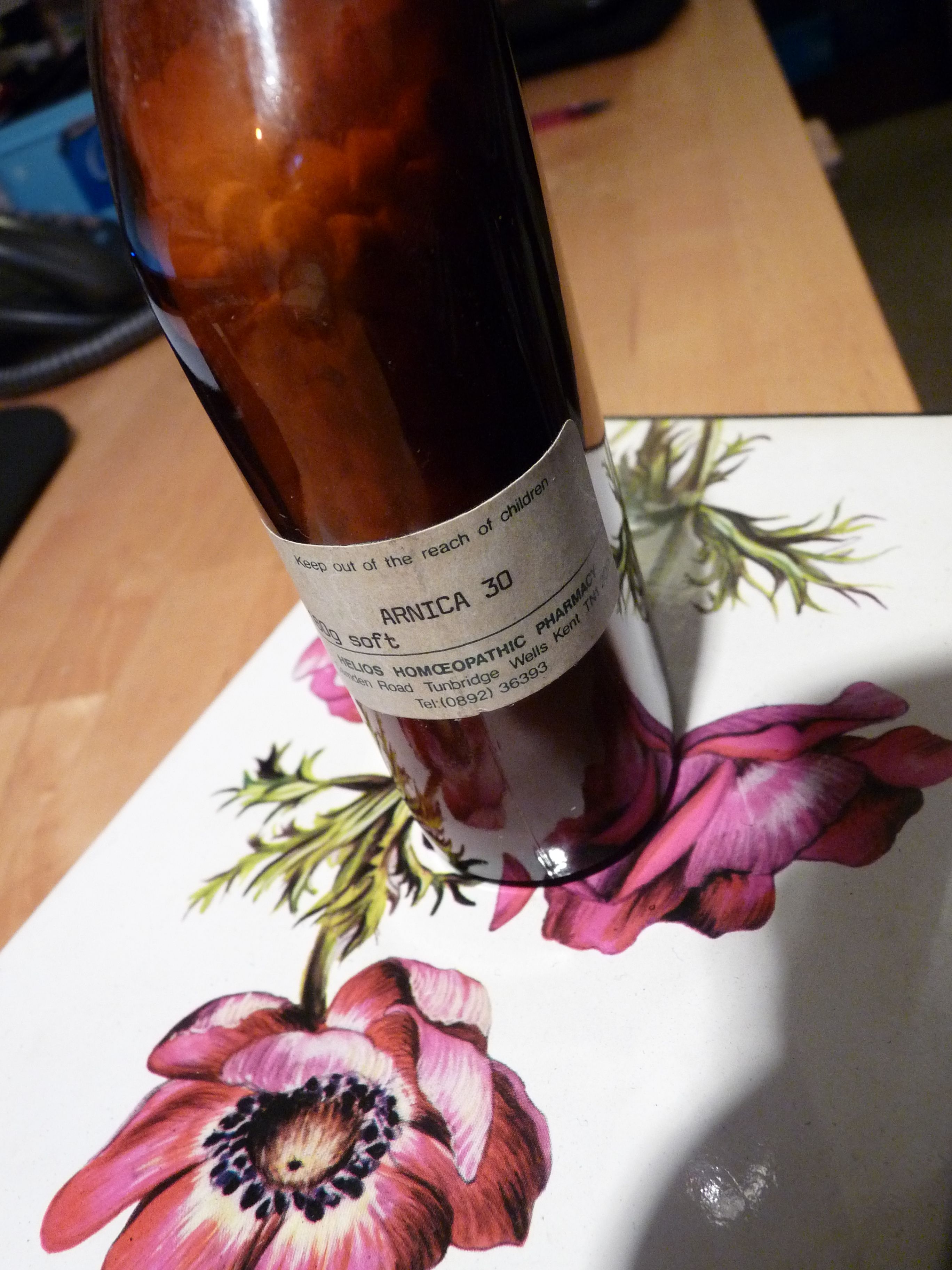Miasm
What is a miasm and which one affects YOUR health?
Your homoeopath may recognise it on first meeting you or it may become obvious during treatment.
Eventually, if your health periodically relapses despite good treatment you may need a remedy to help you overcome this inherited or acquired pattern of ill-health.
Lots of Miasms!
Originally there was just one, which Hahnemann himself identified: psora. Then there were three. Now lots. Very confusing!
Let's take the basic three.
Psora
Psoric miasm: under-function. This doesn't necessarily mean coldness and weakness. It could mean heat and the body's inability to throw off or burn off its garbage, resulting in a build up of irritation - for example on the skin. Characteristically psoric people are more thinkers and planners than do-ers. Always big plans!
Sycosis

Sycotic miasm: over-function. The body, trying to cleanse itself gets blocked up; phlegm, lumps and bumps. These people like acquiring stuff and they like displaying it. Lots of bling, or could just be lots of attractive head hair.
Syphilis - the miasm
Syphilitic miasm: destructive of tissue and sometimes of lives. But creative too. These, unlike psoric people, are definitely do-ers! Physically this miasm manifests in injury to tissues, whether through abscess or accident, including self-inflicted - so includes suicidal tendencies.
So, which miasm are you?
Well, if you are typical of the rest of us, you'll realise that you have all three miasms in your genes and personality. Almost certainly, one will be more uppermost though it may take quite a while for you or your homoeopath to decide.
Even when you take the appropriate remedy for it, you may not notice immediate changes. Very frustrating! However, if it was the right remedy for you, in time there will be changes in your behaviour, your life, your circumstances or your health. It may be hard to decide which comes first and it might even be a change in people round you.
And, yes, it can produce an aggravation. that means some aspect may temporarily worsen or need another remedy to move through.
How often to take your miasmic remedy?
Usually not often. Anywhere between once in a lifetime and once a year.
In extreme situations, possibly more often, usually inter-current with more specific remedies. But in low potency, maybe three times a day in acute situations!
All this stuff takes years to master

Probably your homoeopath spent over three years studying the subject and its philosophical and health implications.
One small but important part of this would include the relationship between remedies, relationships discovered by practising homoeopaths over the centuries, helping modern practitioners recognise the next remedy for you faster than in the past. There is an immense body of know-how and experience to explore.
He will continue studying homoeopathy until he dies. It's a mortal condition!
Arnica Montana - syphilitic miasm
Arnica must be one of the most well-known remedies, taken usually for accident. (Accident? That would be the syphilitic miasm then.) Useful for surgery too, another kind of 'accident' for the body. Or for sudden shock. Or after moving house, exhausted, restless and can't sleep, messing you up for the next day. Lots of applications.

So yes, Arnica is a syphilitic remedy, but there are others, more important and deeper-acting. Sometimes one hesitates to prescribe them, or only when you discover that the patient had parents and grand-parents whose lives were afflicted by war, accident, sudden upsets, and yes, possibly even syphilis!
Family history and Miasm
But don't assume you MUST start with the appropriate miasmic remedy. Sometimes a much more obvious remedy comes first, revealing the miasm in time. Later, you may need a remedy for another miasm, hidden under the first.
Just understand that your homoeopath has good reasons for enquiring about your grandparents or family history! Receiving the right miasmic remedy may seriously improve your life and health.